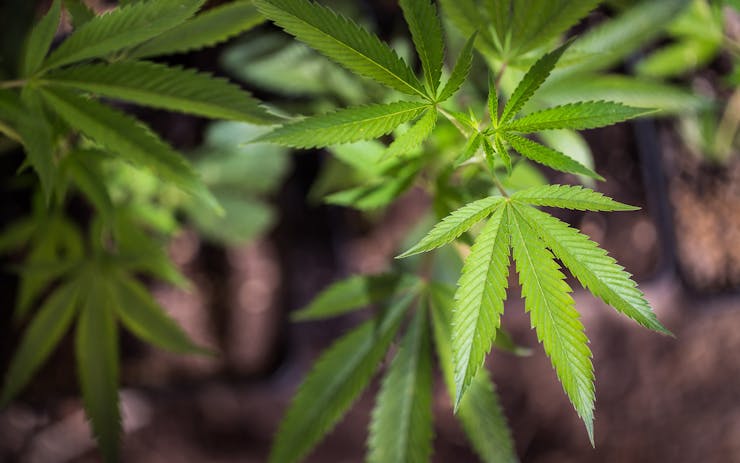The Government of Canada today announced the establishment of a licensing system that divides cannabis producers between “Standard” and “Micro” designations under the upcoming adult-use regulatory scheme.
Micro licenses carve out a space for small-scale producers. Licenses will also be available for nurseries and hemp growers.
The new licenses would allow smaller producers to cultivate cannabis and sell it to provincial resellers without having to go through some of the onerous visual monitoring and intrusion detection requirements that Standard cultivation license-holders would have to abide by.
In addition, cannabis producers could apply for “Nursery” designation, which means they would produce only seeds and seedlings. Producers could also apply to become a producer of industrial hemp, which is cannabis that contains less than 0.3% THC.
Up until now, medical cannabis producers under the country’s ACMPR (medical marijuana) system were only subject to one tier of licensing, with cultivation and sales licenses doled out for the production and sale of dried cannabis and cannabis oil.
A new set of license-types will be made available for intermediary processing of cannabis (such as cannabis oil producers), which would also be delineated between “Standard” and “Micro” licenses.
Want ‘a Diverse, Competitive Industry’
The Health Minister, MP Ginette Pets Taylor, said in a media scrum Tuesday that the government hopes to spur a “diverse and competitive” industry in which participants would be able to conduct “a wide range of activities” with cannabis. The Health Minister also announced that the current security clearance process that requires background checks for key figures of medical marijuana licensed producers would also apply to the incoming recreational regime. The goal of that, Petitpas Taylor says, is to “reduce the risk that organized crime will find its way in the legal system.”
The Health Minister also said that the government would be introducing a seed-to-sale tracking system, which would apply to all commercial license holders, in order to prevent the diversion of cannabis into the illicit market.
All federal license holders would be able to conduct related activities such as possession, transportation, storage, destruction, and intra-industry sales. However, additional licenses would be required for entities wishing to sell cannabis directly to consumers, and sales would continue to take place over the phone and online for medical users, as has been the case for a few years now.
No Limit on Licenses
Companies that wish to both produce cannabis and sell it directly to medical patients, for example, will have to apply for both cultivation, processing, and sales licenses, though existing producers will be initially grandfathered in.
The government also announced that individual and organizations could hold multiple licenses, raising the specter that well-funded companies might be able to vertically integrate their activities with cannabis. The government also does not plan to put a limit on the number of licenses that will be granted.
The minister also said that regulations regarding packaging and labelling are forthcoming. She said the government hopes to “keep [cannabis products] out of the hands of children,” while still enabling adults to obtain relevant information about the cannabis they decide to consume. The Minister wouldn’t say whether plain packaging regulations would be implemented, something that reporters at the media scrum couldn’t stop asking about.





